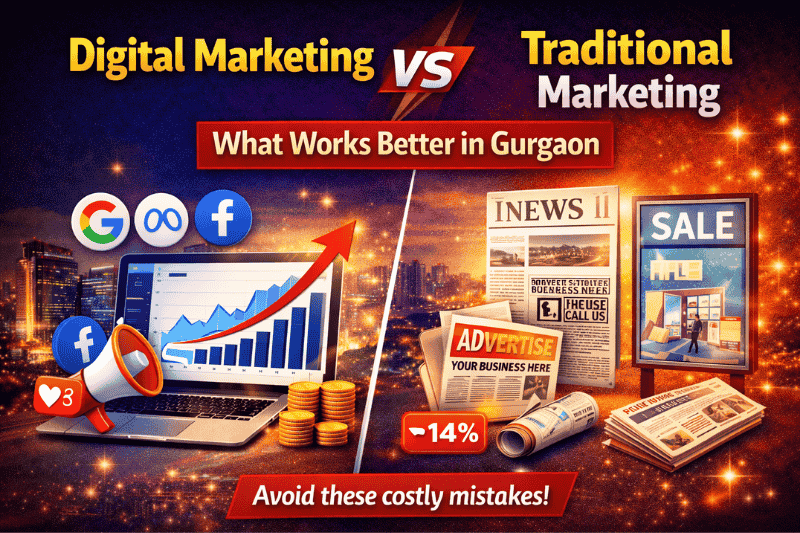In our Bachelor of Commerce (B.Com) Degree Program, you'll delve into the intricacies of Cost Accounting II, a vital component in understanding the financial dynamics of businesses. This program is meticulously crafted to equip you with advanced knowledge and practical skills essential for navigating the complexities of cost management and financial decision-making within organizations.
What You'll Acquire:
- Advanced Cost Accounting Techniques: Gain proficiency in advanced cost accounting methodologies, including activity-based costing, process costing, and standard costing, to effectively analyze and control costs in various business scenarios.
- Managerial Decision Support: Learn how to use cost accounting information to facilitate managerial decision-making processes, such as pricing strategies, budgeting, and performance evaluation.
- Cost Management Strategies: Explore strategies for optimizing cost structures, enhancing operational efficiency, and maximizing profitability in diverse business environments.
- Financial Analysis Skills: Develop the ability to interpret and analyze cost data to assess financial performance,
Who Can Learn:
This course is ideal for individuals who have completed introductory courses in accounting and finance and are seeking to deepen their understanding of cost accounting principles. Whether you're a student aspiring to specialize in accounting or a professional looking to enhance your skills, this course offers valuable insights into cost management strategies applicable across various industries.
Comprehensive Curriculum Featuring:
- Service Costing: This unit covers the methods used to allocate costs to various services offered by a business. It involves identifying cost drivers and determining appropriate cost rates for each service to accurately reflect their true costs.
- Reconciliation of Cost and Financial Accounting: This unit addresses the differences between cost and financial accounting systems and how to reconcile them. It involves adjusting financial records to reflect actual costs incurred, ensuring consistency between the two systems.
- Absorption Costing in Marginal Costing: Here, the focus is on absorption costing, which allocates all manufacturing costs to units produced. This contrasts with marginal costing, which only includes variable costs in product costs. The unit explores how absorption costing affects pricing and profit calculations.
- Cost Volume Profit Analysis: This unit examines the relationship between costs, volume, and profits. It helps businesses understand how changes in sales volume, selling price, or costs affect their profitability and assists in making decisions related to pricing, production, and sales strategies.
- Differential Costing: Differential costing involves analyzing the difference in costs between alternative courses of action. This unit explores how identifying and considering these differential costs can help in decision-making, such as whether to make or buy a product, or accept a special order.
- Budgetary Control: Budgetary control involves setting budgets, comparing actual performance against budgeted figures, and taking corrective actions as needed. This unit covers techniques for developing budgets, monitoring performance, and managing variances to achieve organizational goals.
- Zero-Based Budgeting: This unit discusses the zero-based budgeting approach, where all expenses must be justified for each new budget period. Unlike traditional budgeting, which starts with the previous budget's figures, zero-based budgeting requires justifying all expenses from scratch.
- Overhead: Overhead costs are indirect costs not directly attributable to a product or service. This unit covers the classification, allocation, and control of overhead costs in manufacturing and service organizations.
- Absorption of Overhead: This unit delves into the methods used to absorb overhead costs into products or services. It includes traditional methods like absorption costing, where overhead is allocated based on predetermined rates, and activity-based costing, which assigns overhead based on activities.
- Job and Batch Costing: Job and batch costing involve assigning costs to specific jobs or batches of products. This unit explores the methods used to accumulate direct and indirect costs for each job or batch to determine their total costs.
- Contract Costing: Contract costing deals with the accumulation and allocation of costs for long-term contracts. This unit covers the unique challenges of costing contracts, including progress billing, variation orders, and retention.
- Process Costing and Its Application: Process costing is used to determine the cost of producing homogeneous products in continuous production processes. This unit discusses the principles of process costing and its application in industries such as chemicals, food processing, and manufacturing.
- Normal Waste: Normal waste refers to the unavoidable loss of materials during the production process. This unit addresses how to account for normal waste in costing systems to accurately determine the cost of production.
- Equivalent Production in Process Costing: Equivalent production is used in process costing to account for partially completed units in production. This unit explains how to calculate equivalent production and allocate costs to units in the process based on their stage of completion.
Exclusive Resources and Materials:
- Interactive Lectures: Engage in dynamic video lectures that facilitate a deeper understanding of advanced cost accounting concepts.
- Practical Case Studies: Apply theoretical knowledge to real-world scenarios through practical case studies designed to enhance your problem-solving skills.
- Online Forums: Participate in online forums to discuss course materials, share insights, and collaborate with fellow learners.
- Expert Q&A Sessions: Attend live Q&A sessions with industry experts to gain additional insights and clarification on course topics.
- Comprehensive Study Materials: Access a wide range of study materials, including textbooks, articles, and supplementary resources, to support your learning journey.
Your Gateway to Advanced Cost Accounting:
This course serves as your gateway to mastering advanced cost accounting techniques and gaining a competitive edge in the field of finance and accounting. Whether you're pursuing a career in management accounting, financial analysis, or strategic planning, the knowledge and skills acquired in this course will be invaluable in helping you achieve your professional goals.
Join Us in This Learning Journey:
Thank you for considering this certification course in Cost Accounting II as a valuable step towards advancing your career in accounting and finance. We look forward to embarking on this educational journey with you and assisting you in reaching your full potential as a financial professional.
See you in the course!






